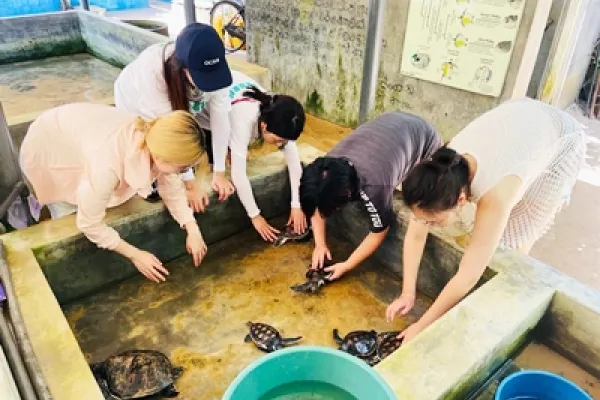Overview
If you have always wanted to play an active role in conservation programs, then now is your chance to be a volunteer and contribute meaningfully towards the wellbeing of the Sea Turtles thriving in the south-western coasts of Sri Lanka. In the recent past, excessive commercial fishing and poaching of turtle eggs by humans and predators (dogs, monitor lizards, etc.) have resulted in their numbers dwindling significantly and thus, these turtles are considered to be an endangered species.
The main focus of this project is to protect the turtle eggs as well as the baby turtles, and subsequently increase their population. This includes preserving the eggs from predators and poachers, providing a safe haven for hatchings to occur, caring for the baby, sick and injured turtles, feeding them daily and releasing the healthy ones into the ocean when ready.
Being a volunteer, you'll support the hatcheries through conservation efforts which are valuable for their sustainability, and also goes a long way in helping them financially as we pay these hatcheries a placement fee for each volunteer we send to them, which allows them to generate additional income. You'll also get to teach the local communities about the prospects of nature conservation and how to keep the environment healthy.
Background to this program
Sea turtles are often referred to as keystone species, which means they are an irreplaceable part of the marine environment and have a significant influence on other marine species around them. If a keystone species is removed from a habitat, the natural order is disrupted, which negatively impacts other wildlife and fauna in various ways.
Sea Turtles have played vital roles in maintaining the health of the world’s oceans for more than 100 million years, having outlived even dinosaurs. These roles range from maintaining productive coral reef ecosystems to transporting essential nutrients from the oceans to beaches/coastal dunes to maintaining the health of seagrass beds and more.
Major changes have occurred in the oceans because sea turtles have been virtually eliminated from many areas of the globe. Excessive commercial fishing, marine pollution, loss of nesting habitat, poaching of turtle eggs and climate change are among the chief human-caused threats pushing sea turtles towards extinction. As sea turtle populations decline, so does their ability to fulfil vital functions in ocean ecosystems.
The beaches of Sri Lanka have been a sanctuary for sea turtle nesting activities for several centuries. To assist with their conservation efforts, the Sri Lankan government has authorised a collection of turtle hatcheries along the country’s western and southern coastline, whose main purpose is to provide for the overall well being of the sea turtles and increase their numbers.
However, it is important to note that sea turtle conservation in Sri Lanka is still in its nascent stages as compared to some more developed parts of the world. Very little governmental support is given to these hatcheries, many of which struggle to make ends meet. More so, very little is done in terms of educating the coastal communities that matter most (e.g., local fishermen and their families, coastal inhabitants, etc.), on the value of conserving them and keeping the marine environment healthy.
Hence, there is an urgent need for responsible private citizens to support conservation activities here that can help rebuild local sea turtle populations to healthy levels, which is a vital step in ensuring healthy and resilient oceans for the future.
Volunteer Work Schedule
Volunteer Work Schedule
Saturday: Arrival +House Tour + Initial Training session (as long as the participants come by afternoon or else its done on Sunday)
Sunday: Neighborhood familiarization tour
Mon to Fri: Volunteer work
Breakfast - 06:30 am - 8:30am
Thursday and Friday 9-12 pm Beach Cleaning or Community programs
Lunch - between 12:30 pm to 1:30 pm
Monday to Wednesday 1-4pm: Turtle Hatchery
Dinner - 06:30 pm -7:45 pm
Note: The schedule may vary depending on the particular project and local circumstances.
To make the most effective impact, the project has been designed in a unique manner which covers multiple initiatives including hands-on hatchery work, beach cleaning, night patrolling camps and special activities. A typical week on the program can vary from time to time based on local conditions on the ground, but in general, the it is structured as follows:
For 3 days a week, volunteers work in our turtle hatchery performing a range of hands-on tasks including feeding and cleaning the turtles, preserving their eggs from predators by burying them in the dedicated hatching area, taking care of older and disabled turtles, filling the tanks with fresh sea water to mimic their natural environment, cleaning the tanks and the general hatchery area, giving sick and injured turtles medicines as per the directions of the turtle doctor and/or hatchery staff, and other ad hoc tasks as necessary.
1 day a week is dedicated for beach clean-ups to provide safe and clean nesting sites for the turtles. Volunteers work in groups carefully segregating plastic, glass and organic waste, which are then given to the local authorities for disposal or for recycling purposes. This project rotates around different beaches in and around the Galle and Unawatuna areas, thereby increasing the reach and scope of this initiative.
1 day a week is dedicated to special activities, which can differ from week to week. These include educating rural communities (e.g., children, women, monks, etc.) on turtle and marine conservation, building signage and awareness campaigns for the local public, assisting with recycling education efforts, building eco-friendly products that help preserve the ecosystem and special site visits to assist with, or spread awareness towards various conservation efforts.
Additionally, during the main nesting season (November-May), we do night patrolling camps every two weeks where groups spend the night on the beach (tents are provided) with the hope of watching mother turtles hatch their eggs and preserving them from human and animal poachers.
Volunteer Roles & Responsibilities
Volunteer Roles & Responsibilities
As a volunteer for the Sea Turtle Conservation Project, you'll have to do the following (apart from other minor works that may crop up as & when required) :
Work in the hatchery and involve in feeding and cleaning the turtles, giving sick and injured turtles medicines etc
Clean public beaches from excessive plastic and rubbish that are harmful to the local environment and marine life
Make the local communities aware of marine conservation and teach the children about protecting nature
Occasional overnight camping (during nesting season only) and protecting nesting mother turtles and eggs from poachers or predators
Project Requirement
Project Requirement
Volunteers must be 17 years or older at the time of joining the project. You need to have an open mind and a flexible attitude for working in a new and different environment. The volunteer should bring energy and enthusiasm to make a difference. Participants must be fit and healthy at the time of joining the program and should be prepared to work outdoors and get their hands dirty. Participants in the program should have a keen interest and love for conservation work. Participants should have no criminal convictions and should provide a clean criminal background check report. A parental consent form shall be required for Under 18 participants joining the program.
Schedule a Google Meet with a Program Advisor
Interested in our programs? We're here to provide expert guidance
- Get Detailed Info
- 20 min One -on-One meeting
- Get expert advise
- Application Guidance
Photo Gallery
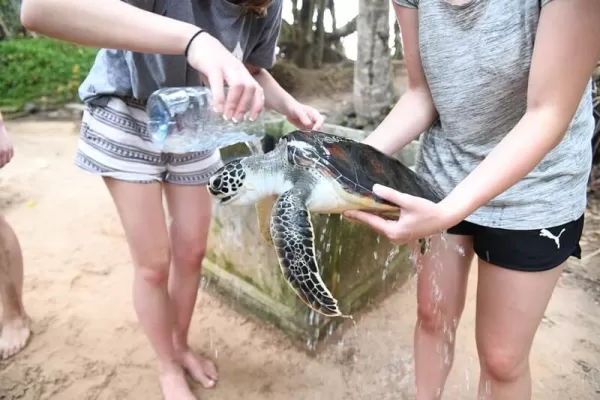
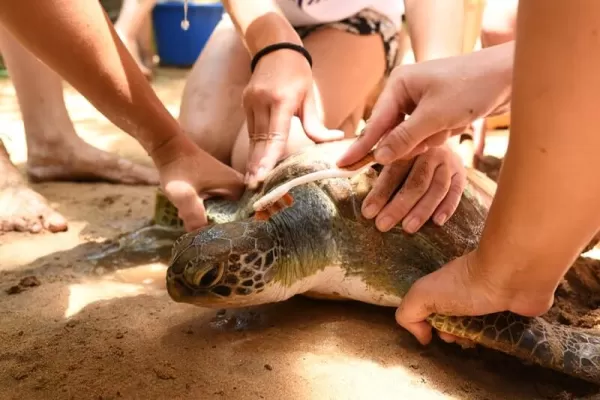
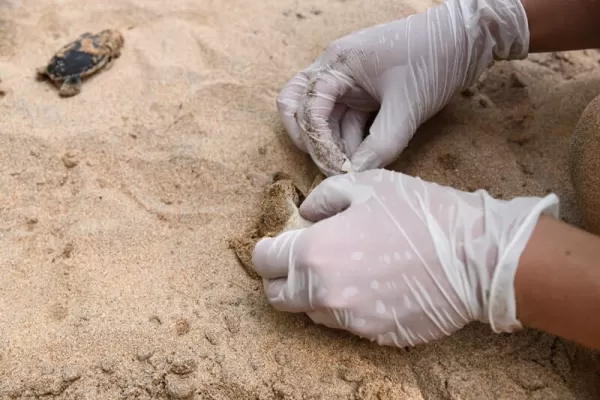
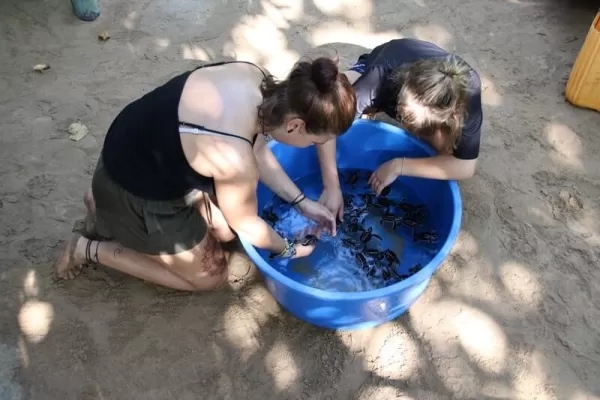
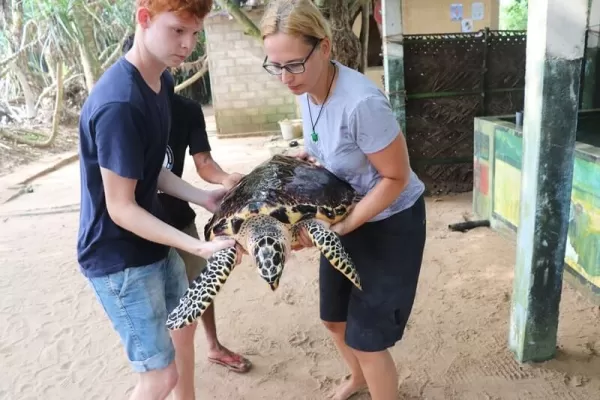
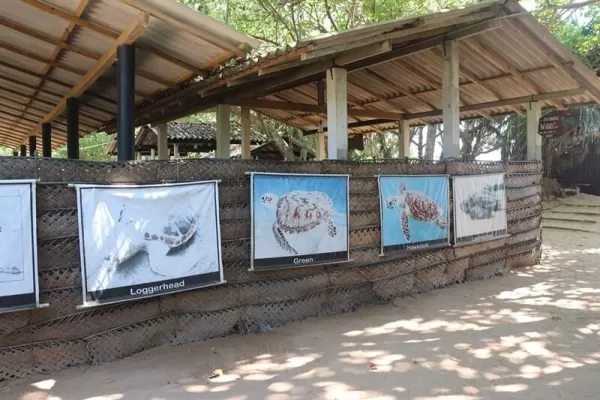
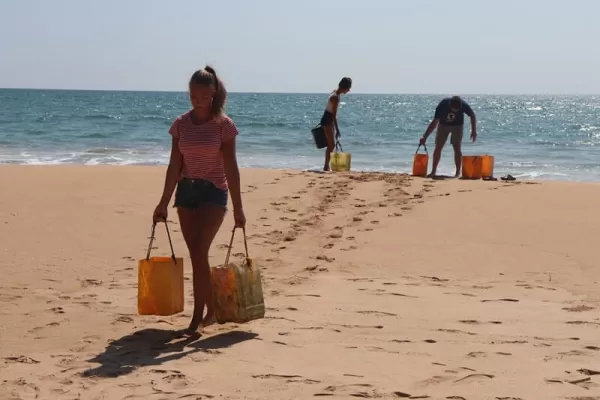
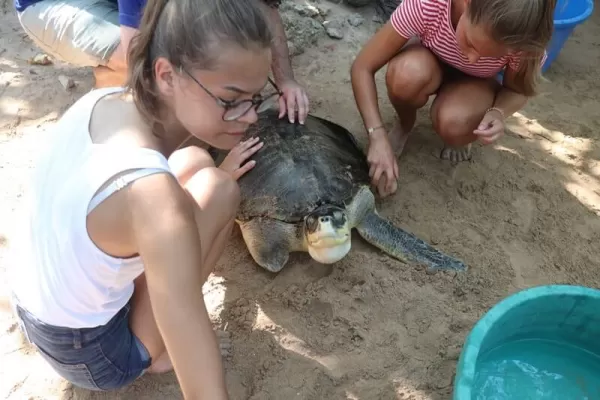
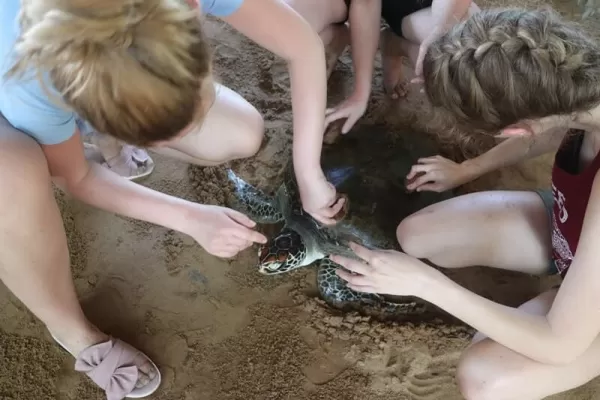
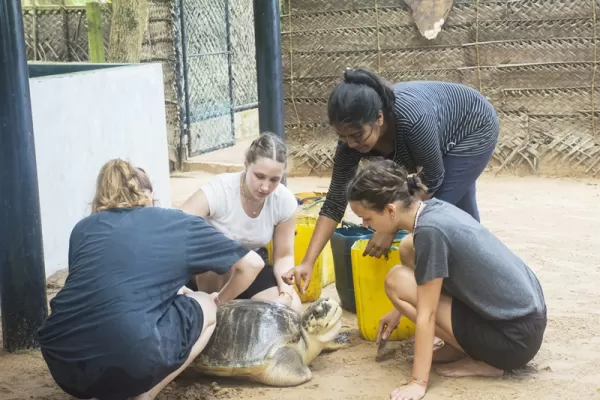
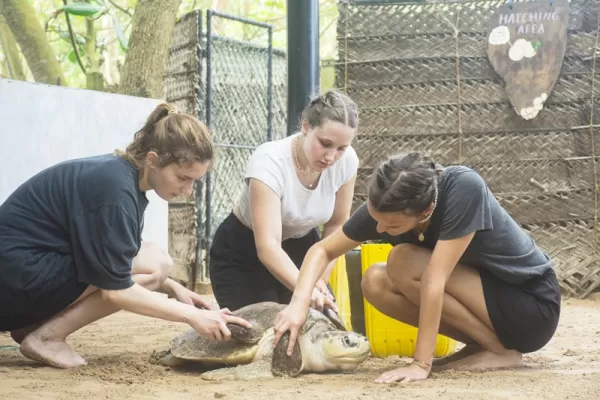
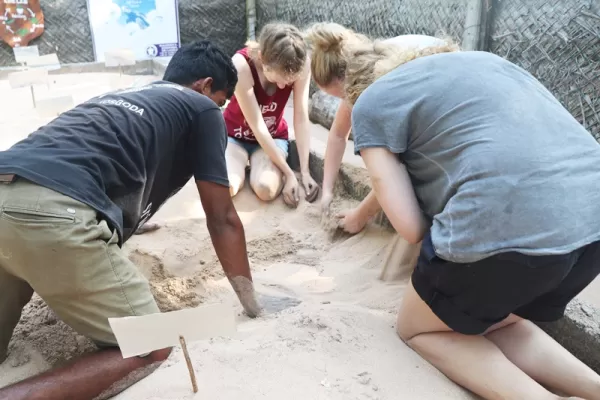
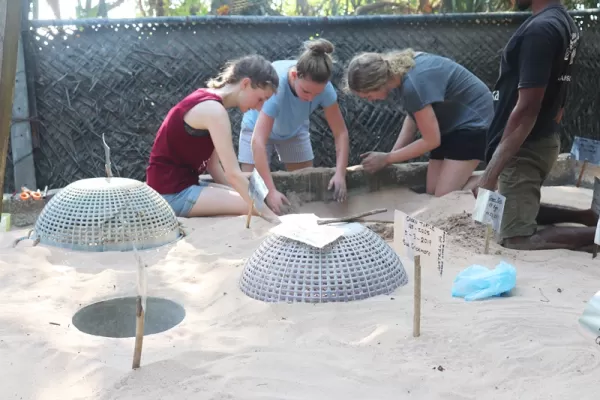
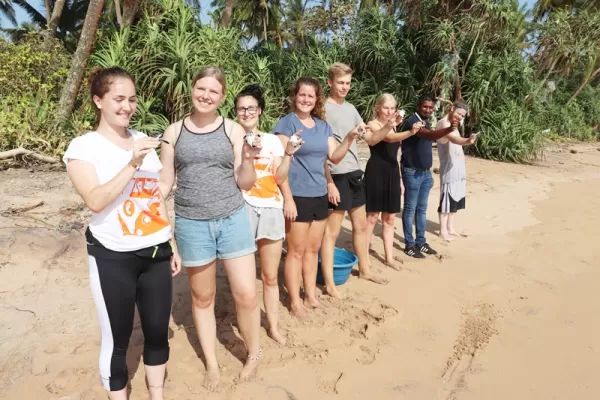
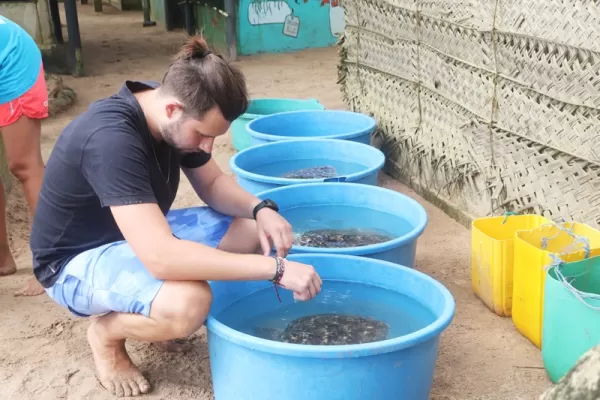
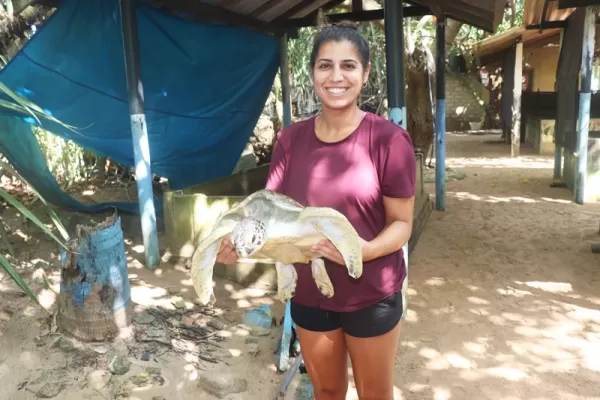
Living
Living

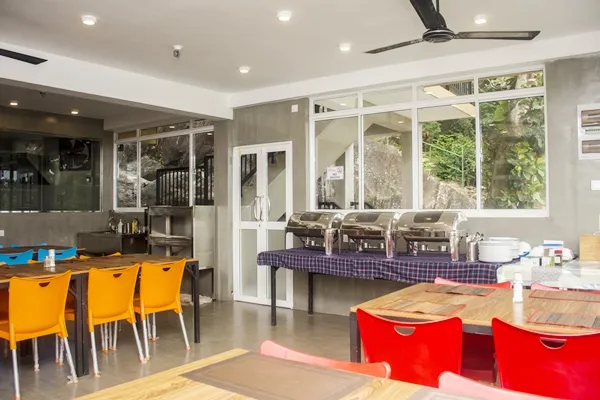
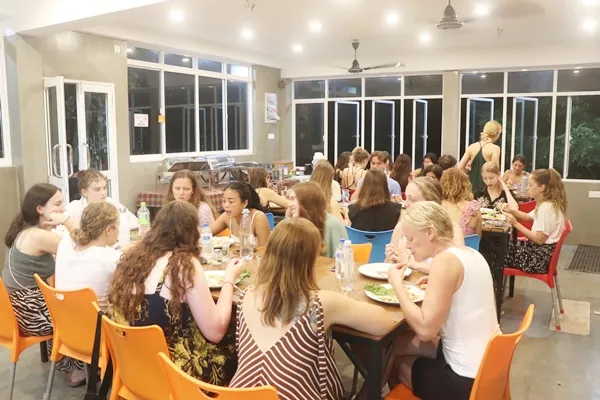
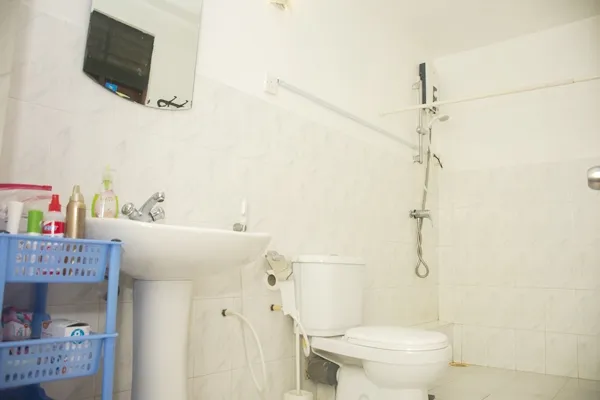
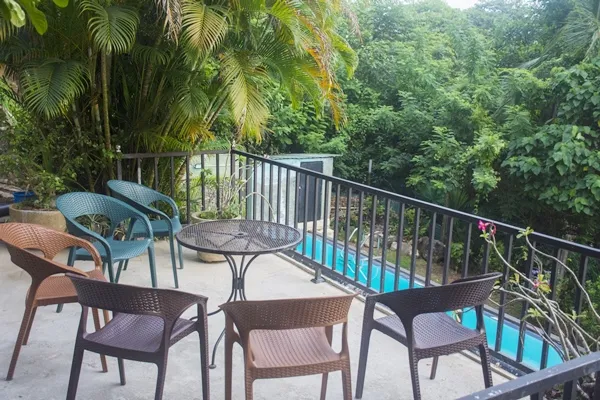
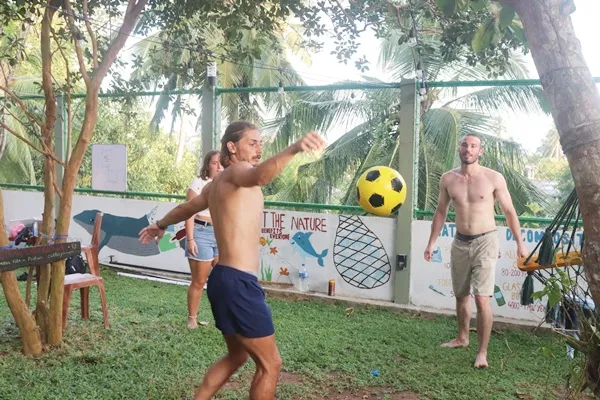
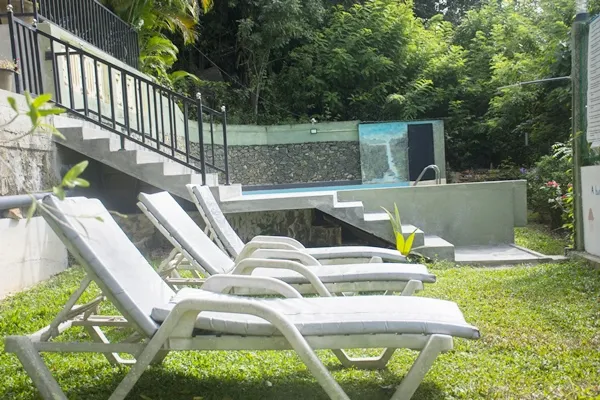
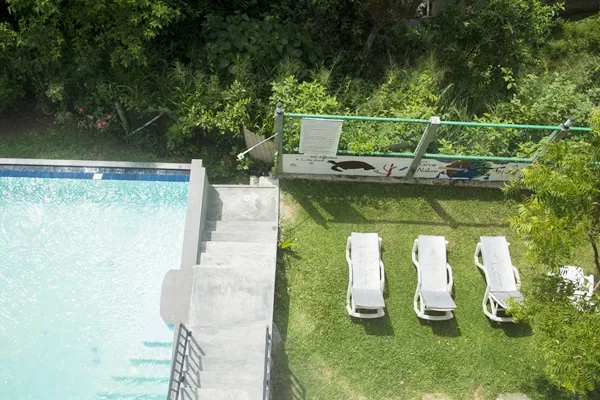
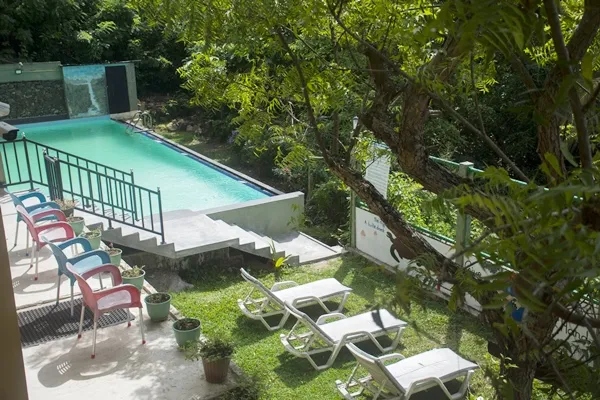
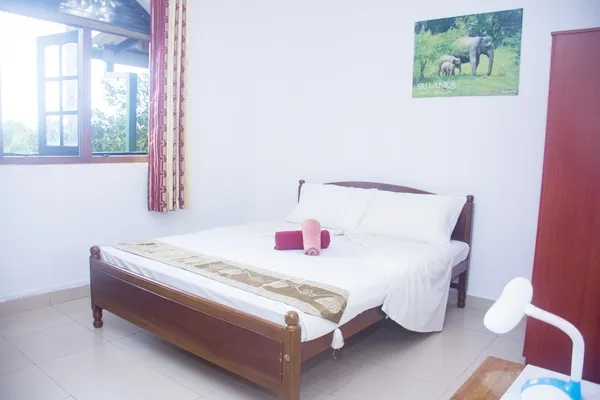




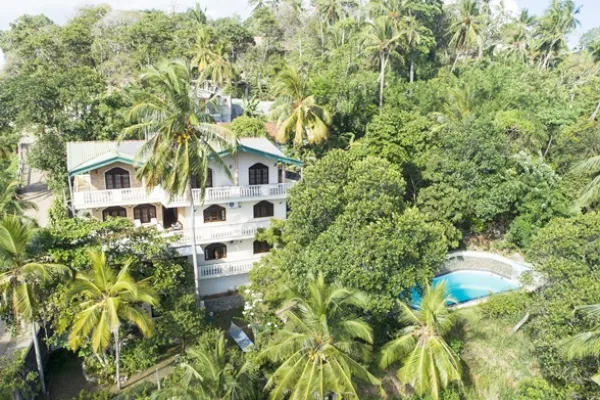

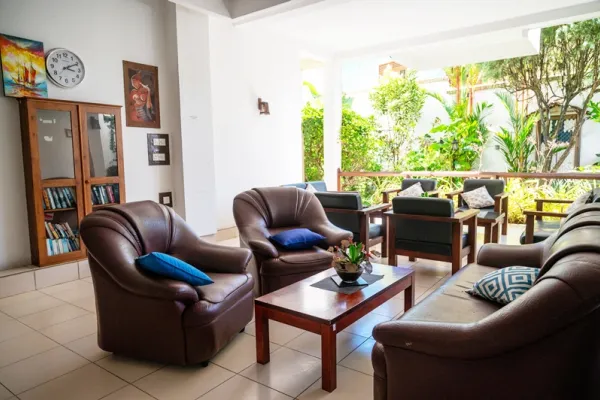
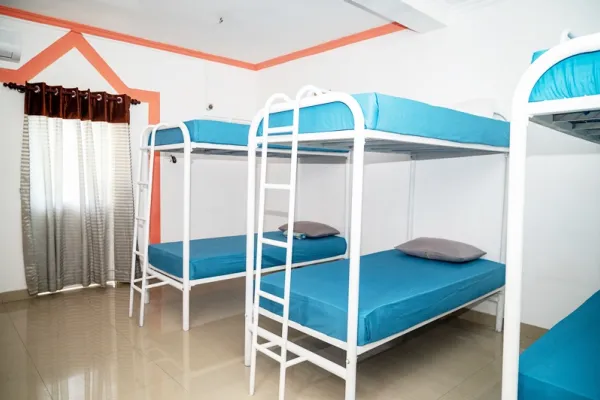
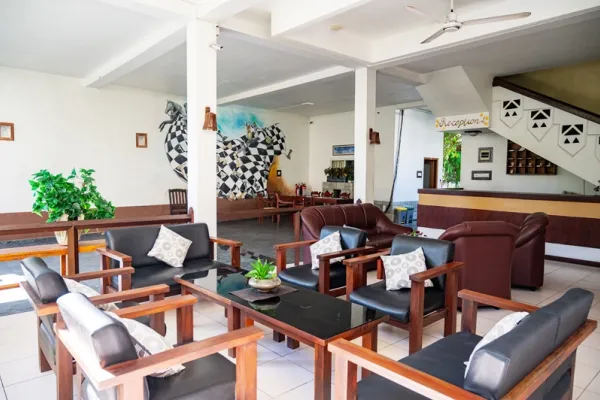
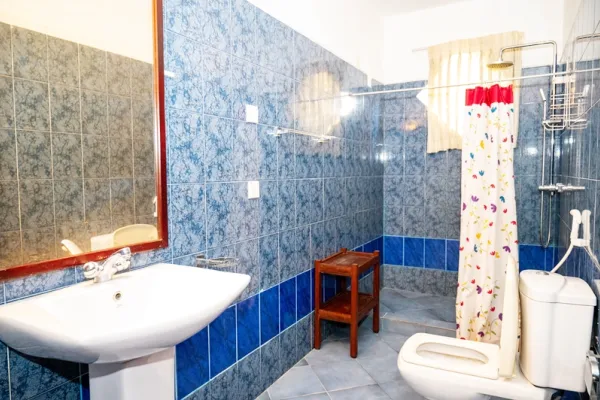
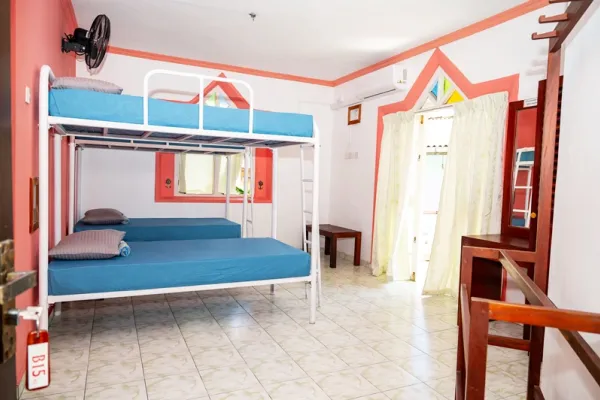
Dates
Dates
January
04
11
18
25
February
01
08
15
22
March
01
08
15
22
29
April
05
12
19
26
May
03
10
17
24
31
June
07
14
21
28
July
05
12
19
26
August
02
09
16
23
30
September
06
13
20
27
October
04
11
18
25
November
01
08
15
22
29
December
06
13
20
27
January
03
10
17
24
31
February
07
14
21
28
March
07
14
21
28
April
04
11
18
25
May
02
09
16
23
30
June
06
13
20
27
July
04
11
18
25
August
01
08
15
22
29
September
05
12
19
26
October
03
10
17
24
31
November
07
14
21
28
December
05
12
19
26
Available
Filling Fast
Booked Out
Costs
| Duration |
Program Fee
|
Choose your currency
|
|---|---|---|
| 1 Week | $749 | |
| 2 Weeks | $939 | |
| 3 Weeks | $1119 | |
| 4 Weeks | $1289 | |
| 5 Weeks | $1469 | |
| 6 Weeks | $1639 | |
| 7 Weeks | $1819 | |
| 8 Weeks | $1989 | |
| Extra Week | $250 |
Please Note: An application fee of is charged over and above the program fee as an application payment. A 5% international banking fee is charged for credit card payments of program fee in USD/AUD.
What are you Paying For?
- 24 hrs Assistance and support from Staff
- Comprehensive Pre- Departure Information
- Dedicated volunteer housing with WiFi (shared rooms)
- Shared airport transfer on arrival at designated time windows in the morning or afternoon
- Orientation and training on arrival
- Breakfast, lunch and dinner all days
- Guaranteed project placement
- Local transportation to projects in private AC van or tuk tuk
- Experienced bilingual operations team on the ground
- Dedicated staff support from 6 am to 8 pm every day
- 24/7 local emergency support
- Weekly yoga class on rooftop terrace
- Weekly movie nights on large screen projector
- Monthly bike tour around paddy fields and local villages
- Monthly special BBQ dinner
- Travel & Medical Insurance(Available at an extra cost)
- Certificate of Participation(On Request)
What's NOT Included?
- Visa Fee
- International Airfare
- Return Airport Transfers from Galle to Colombo Airport (available at extra charges)
- Vaccinations
- Any personal expenses
- Additional Local Excursions and Trips
- Private Room Upgrade charges
- Charges for additional nights at accommodation
FAQ's
Application and Program Details
-
How long will it take to process my application? Will my application be accepted?
-
After you complete your application, your personalized ‘My Account’ will be activated.You will need to upload your CV/Resume along with your photo in the same. Our backend team and the placement site takes around 10-12 days to review your application. After we review your CV and documents, your booking is confirmed and booking confirmation is updated in your ‘My Account’. Some projects need a mandatory criminal background check and the same is mentioned in the project info of your program. Approval of your application depends on your qualification and eligibility criteria for each project.
-
When do I need to arrive in Sri Lanka for my program? What will happen once I arrive in the country ?
-
All volunteers need to arrive at Bandaranaike International Airport (CMB) in Colombo, Sri Lanka, on the starting date of their project. Volunteers are picked from the airport by the local coordinator or representative and are transferred to their accommodations. Accommodation will be provided in the volunteer house located near your placements.
A short orientation is given after arrival about the city and placements. The volunteers are also taken for a short tour of Colombo before they start with their program. However, the tour depends on the arrival time of your flight. -
Are there any necessary requirements to participate in the Sri Lankan volunteer programs?
-
Below are the necessary requirements to participate in the Sri Lankan volunteer projects:
The minimum age requirement for the programs in Sri Lanka is 17 years.
Volunteers participating in the Medical Program should be at least 18-year-old.
Volunteers need to have an open mind and flexible attitude for working in a new and different environment. They should bring energy and enthusiasm to make a difference.
The participant must be in good health. -
Does VolSol provides discount if I choose more than one program or if I am a returning volunteer?
-
If you are planning to come for multiple programs in your trip, you will have to pay the application fees just once. Your application fee is valid for a year's time ( from the date of application). You will not have to pay the application fees again if you come within the mentioned time frame.
For our returning volunteers, $50 discount is provided for the application fee for their next VolSol program. -
Can I volunteer as part of a group?
-
We encourage our participants to volunteer in a group. We take special care in providing you a placement and also customize your itinerary to make sure you get exactly what you are looking for. Also, we can design special group programs for groups of 5 or more. Our programs are designed to be safe, affordable and offer a great group volunteering experience to the volunteers.
In our experience of more than 12+ years, we have enabled and facilitated volunteer program placements for college groups, university groups, high school groups, group of families, group of couples as well as groups of colleagues. -
When should I apply for the volunteer programs in Sri Lanka?
-
As we have limited spots available in our programs and we serve on first come first basis, it is recommended that potential volunteers book their programs well in advance to get confirmed placements. You can book your slot by filling the application form online and pay the application fee. You can pay your program fee later and also, in installments. However, the complete payment should be made 45 days prior to the starting of the program. If you are volunteering in a group, you can also fill a group application form.
-
Does VolSol provides with a reference or a certificate after program completion?
-
Yes, we will provide you with the Certificate after successful completion of your program. The certificate is provided on request.
-
For how many hours will I volunteer every day?
-
Volunteers usually work for 5 to 6 hours a day depending on their program. However, volunteers need to be flexible, open minded and understand that work requirements can alter at times.
Health and Safety
-
How safe is Sri Lanka in general ?
-
Sri Lanka is one of the popular tropical destination in Asia and attracts travelers from all around the world. The locals are friendly and helpful as well, however, it is recommended to consult your in-country coordinators before you step out alone or go to any other locations in Sri Lanka. Also, it is recommended to be with your group whenever you venture out or stay out late in the night. It is strongly recommended to follow the safety rules and regulations provided by the in-country coordinator.
-
What immunizations/vaccinations will I need?
-
We recommend you to consult your physician or travel doctor before traveling to Sri Lanka. However, we recommend you take general vaccinations such as:
Hepatitis A and B
Typhoid -
Do I need to buy a health insurance?
-
Yes, for all volunteers it is mandatory to have a travel medical insurance. To provide the best option to our participants, we offer comprehensive insurance coverage in collaboration with a leading insurance provider.
-
Are there any other things that I need to be careful about?
-
Considering the fact that Sri Lanka is a tropical country, the weather is mostly hot and humid. For people traveling from European and North American countries, it might seem to extremely hot during the days and sultry at night. We would advise you to consume a lot of water and protect yourself from the sun in whichever way possible. Carry an umbrella.
You can consult your doctor once, before traveling to Sri Lanka.
Accommodation and Living
-
Can I know more about accommodation and food arrangements?
-
Volunteers joining the programs in Galle, Sri Lanka, get to stay in the quaint Unawatuna neighborhood, overlooking the famous Unawatuna Beach and the turquoise waters of the Indian Ocean. Participants stay in one of the two volunteer homes located in close proximity to each other. The larger volunteer house has 13 bedrooms with ensuite bathrooms.Most of these rooms have ocean views! There's a private 40-foot outdoor swimming pool surrounded by tropical greenery. The house also has 3 kitchens as well as 3 living/common rooms (one each per floor), a prominent dining area, and a private outdoor garden with seating/lounging areas.
The office is located on the ground floor of the house near the main entrance – this is where the local team operate from every day. The house is located in a peaceful, nature-filled neighborhood adjacent to a small Buddhist temple (nestled away from the main tourist areas). To ensure the safety and security of the participants, there are CCTV cameras installed, and an in-house security guard for night-time surveillance. Hot water and high-speed Wi-Fi are there and you can opt for air-conditioning and laundry facilities at an additional charge.
Other than that, we also provide single/double/family private room upgrades at extra charges. The beach is just about 5 minutes walk from the stay and you can reach the Galle Fort in about 15 minutes.If you have special dietary requirements, please mention the same in your application form.
-
Are there more expenses once I arrive in Sri Lanka ?
-
Your program fee covers your accommodation, airport pick-up, orientation, pre-departure booklet, and 24x7 in country staff support. You will need to cover your personal expenses, such as traveling, telephone, the internet, shopping, sightseeing, return airport drop, weekend tours etc. You should carry around $50 - $60 per week for your basic personal expenses, such as water, local transport, phone etc.
-
Would I have free time during my program ? Can I do sightseeing during my program ?
-
Depending on your project placement, you will get free evenings and weekends to explore in and around the city. You can utilize the evening time to visit local markets and other places around your project location. Make the most of your weekends by exploring Sri Lanka to the fullest.
We encourage our volunteers to travel. We have designed various weekend tours which can be booked under the ‘Add-on Tours’ section in your ‘My Account’. Your in-country coordinator will also help you book and organize the tours once you are in Sri Lanka.
-
Where can I change my money in Sri Lanka ? Are there ATMs in Sri Lankan cities?
-
You can change money at any bank or at the airport by showing your passport. There are ATMs located all around the city (Galle, Kandy, Ambalangoda and Kegalle) as well.
-
Which all places can I explore during my trip?
-
Places like Sinharaja Forest Reserve, Rumassala Mountain, and Galle fort are major attractions in Galle, and Kegalle is a city of ancient architecture and natural beauty. Volunteers are free to plan quick getaways and explore Sri Lanka during the weekends.You can also relax at the beachside and enjoy the taste of the delicious seafood.
-
How do I get to the accommodation and the program location?
-
Your coordinator will meet you at the airport and will take you to your accommodation and introduce you to our team and other volunteers. You will then be provided with the orientation covering areas like culture, customs, safety, locations, placement, greetings, local transportation etc.
On the first day of work, the coordinator will guide you to your project site.
Flights and Visa
-
Will Volunteering Solutions help with Visa?
-
Volunteers traveling to Sri Lanka need to obtain an Electronic Travel Authorization (ETA) prior to their arrival or on their arrival in Sri Lanka. You can then obtain a Visa on Arrival in Sri Lanka for 30 days.
Volunteers can apply for ETA online and the approval of the same will be communicated via email.
Volunteers can be provided with the supporting documents if needed. More information will be provided once you enroll for the program. -
What are the recommended airlines to fly to Sri Lanka ?
-
The Bandaranaike International Airport (CMB) in Colombo is well connected with all major airports across the globe and flights are easily available. The recommended airlines are:
Srilankan Airlines
Air India
Mihin Lanka
Spicejet
Emirates
There are frequent in-country flights from Colombo to Galle and Kegalle as well.
Connect with Past Volunteers
-
How can I connect with past Volunteering Solutions Sri Lankan alumni as well as other former and current volunteers ?
-
We encourage volunteers to connect with former Volunteering Solutions participants and also other program participants joining our projects. You are recommended to join the Volunteering">https://www.facebook.com/VolunteeringSolutions/">Volunteering Solutions Facebook Page or Facebook">https://www.facebook.com/groups/volunteeringsolutions/">Facebook Group to connect with other participants and our team.
To read alumni interviews from past participants, visit the Meet">https://www.volunteeringsolutions.com/meet-a-volunteer">Meet a Volunteer section on our website



























